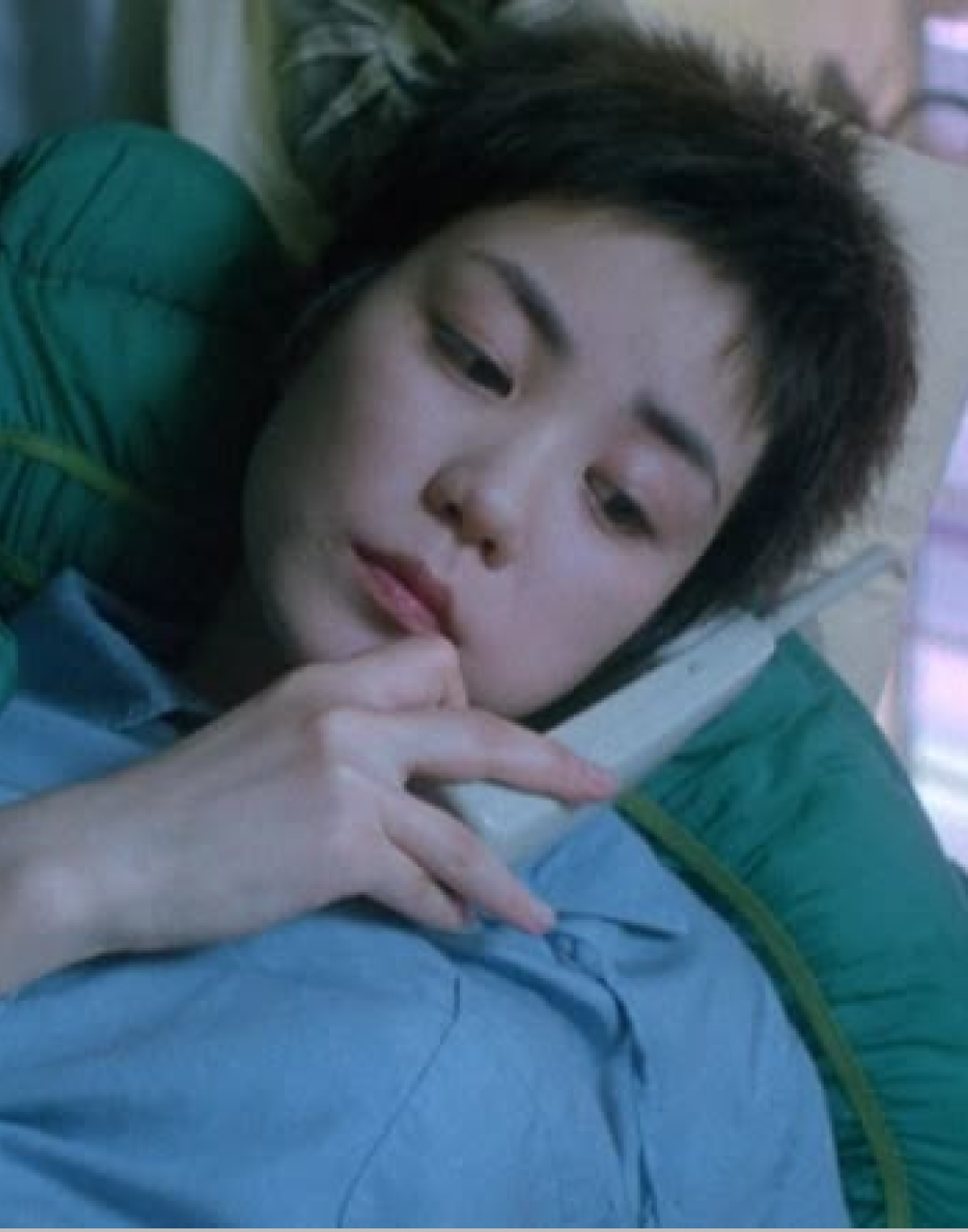
Gen Z Series: how do you see yourself in ten years? Between entrepreneurial aspirations, childlessness and the search for serenity in a world on fire
How do you see yourself in ten years? It's a question from awkward situations: job interviews or dinner with relatives - social contexts in which we are judged on our ambitions in relation to a time frame we can know nothing about. It is an anxiety-provoking question that we cannot answer with certainty. Franco Citti in Accattone, Pierpaolo Pasolini's 1961 film about an underclassman in Rome trying to live for the day, would say: "Either the world kills me or I kill him"; Giorgia, my 23-year-old girlfriend to whom I asked the same question last Friday, would say: "I do not know, I hope, with a stable job." Recently I conducted something of a 'social experiment' by throwing fifteen of my closest friends into a room and asking them all the same relentless question. The initiative had no scientific pretensions, but it was interesting to see if and how a group of absent-minded kids with whom I spend Saturday evenings was able to draw a faithful portrait of an entire generation.
"The future belongs to youth" is an idea that numerous scientists, politicians and philosophers have pondered in recent years, coming to quite contradictory, if not openly contradictory, conclusions. But what does the future of this generation really look like? In a survey by the Allianz Group, 53% of respondents said they hoped to be running their own business in 10 years, and 65% expressed optimism that they would be running their own business by 2030. Like Paolo, an industrial engineering student at a private university in Milan, who talks about his ambitions to be 'his own boss' in the wake of this entrepreneurial aspiration shared by all Gen Z members. Greta, a junior shoe designer, dreams of opening her own brand, Lorenzo, who works in a consulting agency, imagines himself "sitting on a Porsche full of money". Of course, they all spoke of 'serenity' as the ultimate goal of their lives, but the constant motif in their speeches, the pivot around which fears and desires alike revolve, is money and thus work.
There are many reasons for this financial hardship: research by the World Economic Forum's Centre for the New Economy and Society in the US and southern Europe has shown that the younger generation is far less likely to own a home than previous generations. In the US, despite overall wage growth over the past five decades, the cost of living has far outpaced income growth, leaving Gen Z with 86% less purchasing power than Baby Boomers. This picture of economic insecurity combined with the environmental catastrophe that continues unabated, with the climate clock indicating 2024 as the end of life on earth, explains the rising rate of mental disorders among the youngest. The American Psychological Association reports that 90% of Gen Z have experienced mental or physical symptoms due to stress in the past year, while 70% say anxiety and depression are major problems among their peers. This is also reflected in interpersonal relationships: a CNBC analysis confirms that young people do not prioritise romantic relationships. Forbes confirms that women born between 1995 and 2010 plan to postpone having a child and have fewer children than Millennials, with 27% planning to have no children at all.
If earlier generations lived in a society whose horizons were perhaps narrower, but in which life seemed simpler all in all, in which they were guided in their actions by the myth of the family, of religion, in times when the social upswing promised 'the great leap', today intstead, we no longer have narratives that give our lives meaning and orientation. Friedrich Nietzsche said that our happiness consists in the possession of a non-negotiable truth. Today, with what Byung-Chul Han called 'The Disappearance of Rituals', non-negotiable truths lie smashed against the wall of postmodernity. It is a fact that the idea of the future is far more complex today than in the past. Gen Z is left with only a pile of rubble to build on and colonize the moon to grow old in peace. Perhaps the question "Where do you see yourself in ten years?" is a bit of an exaggeration, but when the naïve hope of youth burns more than the world, the only reasonable wish we can make for ourselves is, as my friend Leonardo would say, "to be less anxious".


















































